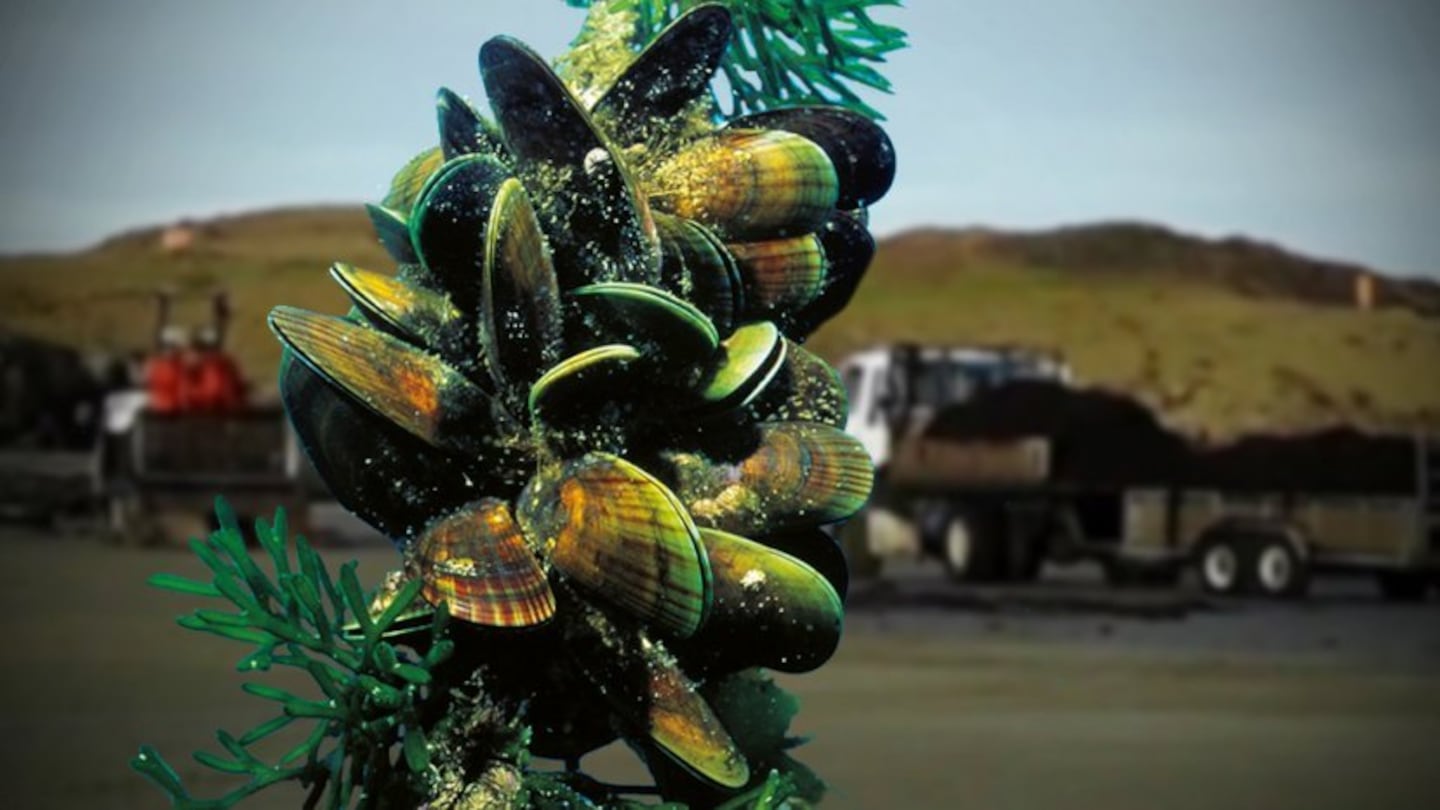Commercial activity along 90 Mile Beach is causing major damage to areas of extreme significance to local iwi and hapū.
Te Aupouri kaumātua Joe Conrad says a sacred Māori reserve in Te Kao has been desecrated by commercial fishermen and mussel spat farmers who don't care about the significance of the area.
He says fish stocks and shellfish on East Beach are vanishing rapidly as a result but the departments responsible for maintaining the environment are failing by continuing to issue permits.
“Everybody's just going up there and whatever locals, fishermen and they're taking what they like and what they’re doing is they’re raping our rock!”
Concerns from locals have been ongoing but the machinery and movement have continued regardless.
Conrad says, “How on earth has a Government or whoever is in control of handing out these permit can hand out a permit for people to fish on a Māori reserve or any reserve is beyond me.
"In my 50 odd years fishing off that rock I’ve seen the depletion of food that has disappeared off that rock driving all over it defecating on it and I wanted to do something about it.”
He also says he is interested to know what science the Government researchers use to measure the impact commercial industry has had on the sea life in the region.
“They say the seafood here is healthy but that’s a crock of rubbish na te mea where have all my mullet gone where are all my schools of mullet and schools of kahawai and schools of pottle that we have seen where the flounders all disappeared to? Where do they get this scientific proof that said the fish stocks in the far north are healthy?”
The iwi is calling for more resource to police and monitor the activity of those issues with licenses.
“Come and talk to the iwi can they allow these people to come into the area Te Hiku o te Ika is big we only have 3 or 2 odd fully paid rangers and they can’t cover this," says Conrad.
Te Ao news contacted MPI for a response and they replied in a statement saying;
"We acknowledge issues around the taking of shellfish in any coastal area can be contentious.
Te Aupouri has significant interest and feeling for the area, and it is one of many tangata whenua who deeply care about what happens in this fishery.
Fisheries New Zealand formally engages with tangata whenua on fisheries-related topics via the Te Hiku o te Ika Iwi Fisheries Forum, including the way mussel spat is harvested.
The forum is also used for input, participation and consultation on fisheries management decisions; including adjustments to catch limits for mussel spat, which were reviewed last year.
Seaweed/spat collection happens in the surf and therefore has both direct and indirect impacts on people who use the surf and the wider beach environment.
The commercial green-lipped mussel industry has a code of practice for mussel spat collection and loader driving on beaches. This code is managed by Aquaculture New Zealand and is reviewed each year.
The code requires harvesters to avoid areas where toheroa and tuatua beds occur, limit time on the beach, avoid areas of high public and cultural importance, and ensure all harvesting machinery is well serviced and not leaking fuel and oil.
Nevertheless, Fisheries New Zealand is aware that some iwi have concerns about spat collection on Ninety Mile Beach. We have met with Iwi representatives to discuss this fishery and their concerns.
We have begun a process to talk to green-lipped mussel quota owners and spat harvesters in the fishery to discuss ways to address Iwi concerns.
Any new measures agreed would be considered for introduction before the start of the new fishing year on 1 October.
In addition to the discussion at the bi-monthly forums, Fisheries NZ recently held a workshop and we have reached out to iwi to continue the discussion."


